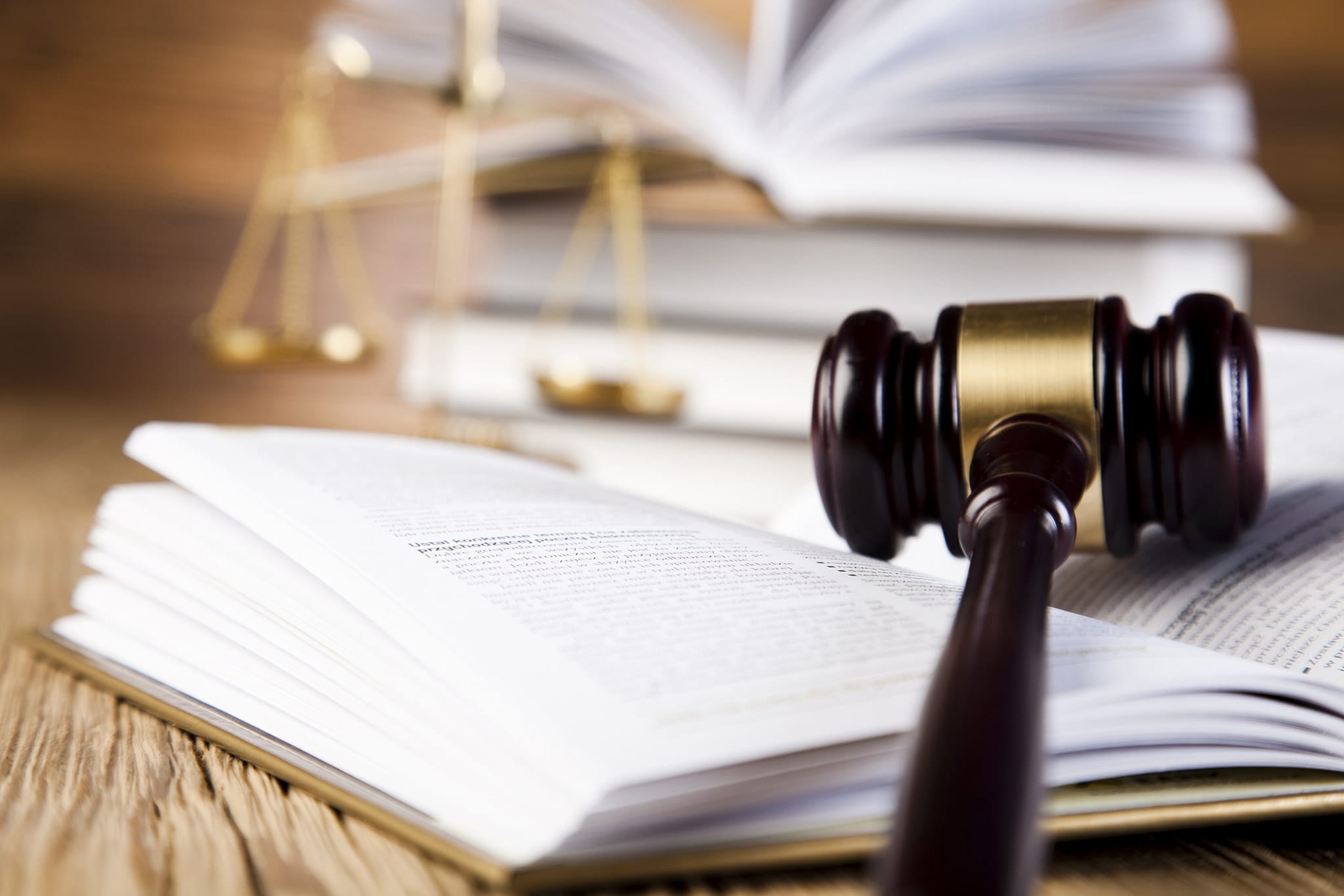Liability law is an aspect of our system that covers various situations where individuals or organizations can be held responsible for causing harm.
Liability law plays a role in our system as it holds individuals and businesses accountable for any harm or damage they may cause to others. In a world where accidents can occur in forms and situations, it is essential to understand the complexities of liability law. This article explores the aspects of liability law, focusing on its nature and potential risks.
Understanding Liability in Legal Terms
Liability refers to the responsibility of individuals or entities to compensate others for injuries, damages, or losses resulting from their actions, negligence, or misconduct. It is a principle that ensures fairness and justice by imposing accountability on those whose actions lead to harm. Liability can arise in contexts making it essential to grasp how it operates across situations.
Facts of Liability to Know About in All Shapes, Forms, and Fashions
Premises Liability
Property owners must maintain conditions for visitors. This means ensuring that visitors are not exposed to risks. Claims related to slip and fall accidents, inadequate maintenance practices, or insufficient warning signs often fall under premises liability.
Personal Injuries
When someone causes harm to others due to negligence or intentional acts, they can be held accountable under injury liability. This covers situations like car accidents, medical malpractice, and product defects. Proving negligence and establishing the cause are aspects of injury cases.
Professional Negligence
Professionals such as doctors, lawyers, and accountants are expected to provide their services with a standard of care. Clients have the right to pursue malpractice claims if their negligence or incompetence leads to harm.
Strict Liability
In some cases, liability can be imposed without having to prove negligence. Strict liability applies when dangerous activities or products cause harm, regardless of the degree of care taken. Examples include products. Keeping wild animals as pets.

The Dangers of Liability Law
While liability law aims to ensure accountability, it’s important to be aware of challenges;
Complexity
Liability law can be complex. Involve legal intricacies that may be difficult for individuals without proper legal expertise. Seeking guidance is crucial to understand your rights and responsibilities.
Financial Implications
Liability claims can have implications for individuals and businesses alike. A single liability claim can result in term repercussions if you lack adequate insurance coverage or legal safeguards.
False Claims
false or exaggerated claims for liability may arise, leading to stress and legal expenses. It is crucial to have a defense strategy to counter such claims.
Conclusion
Liability law is an aspect of our system that covers various situations where individuals or organizations can be held responsible for causing harm. Understanding the forms of liability is vital to protect your interests and ensure fairness, whether it is premises liability or product defects. However, navigating the intricacies of liability law can be overwhelming, underscoring the significance of seeking expertise and taking measures to prevent potential liabilities. By knowing the complexities of liability law, you can effectively safeguard your business and those around you from its risks.


Join the conversation!